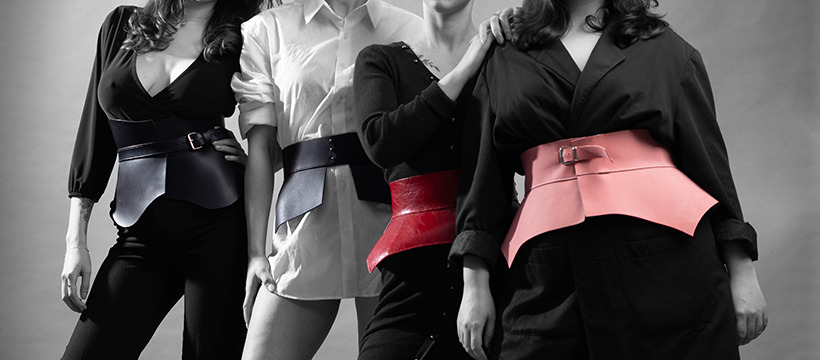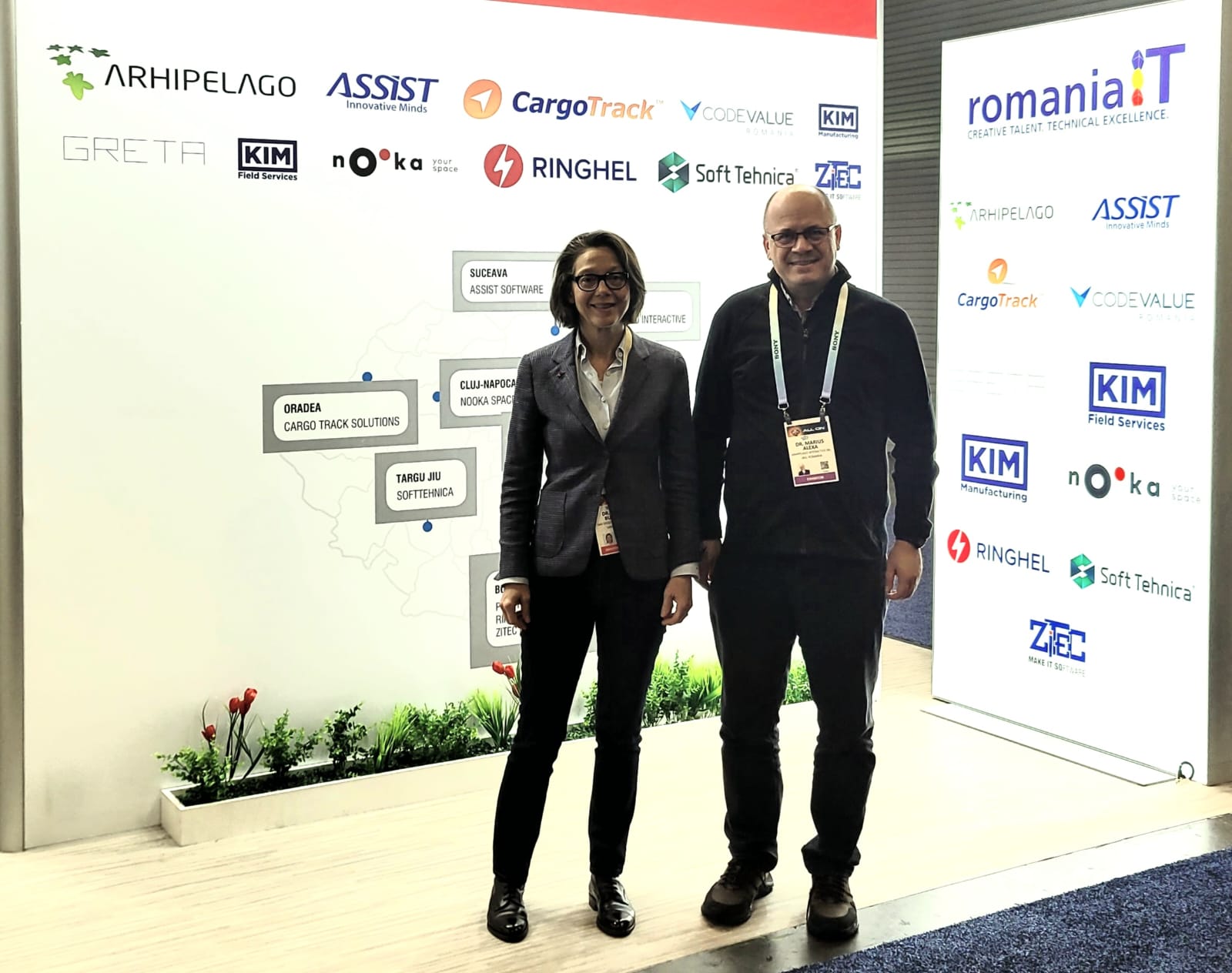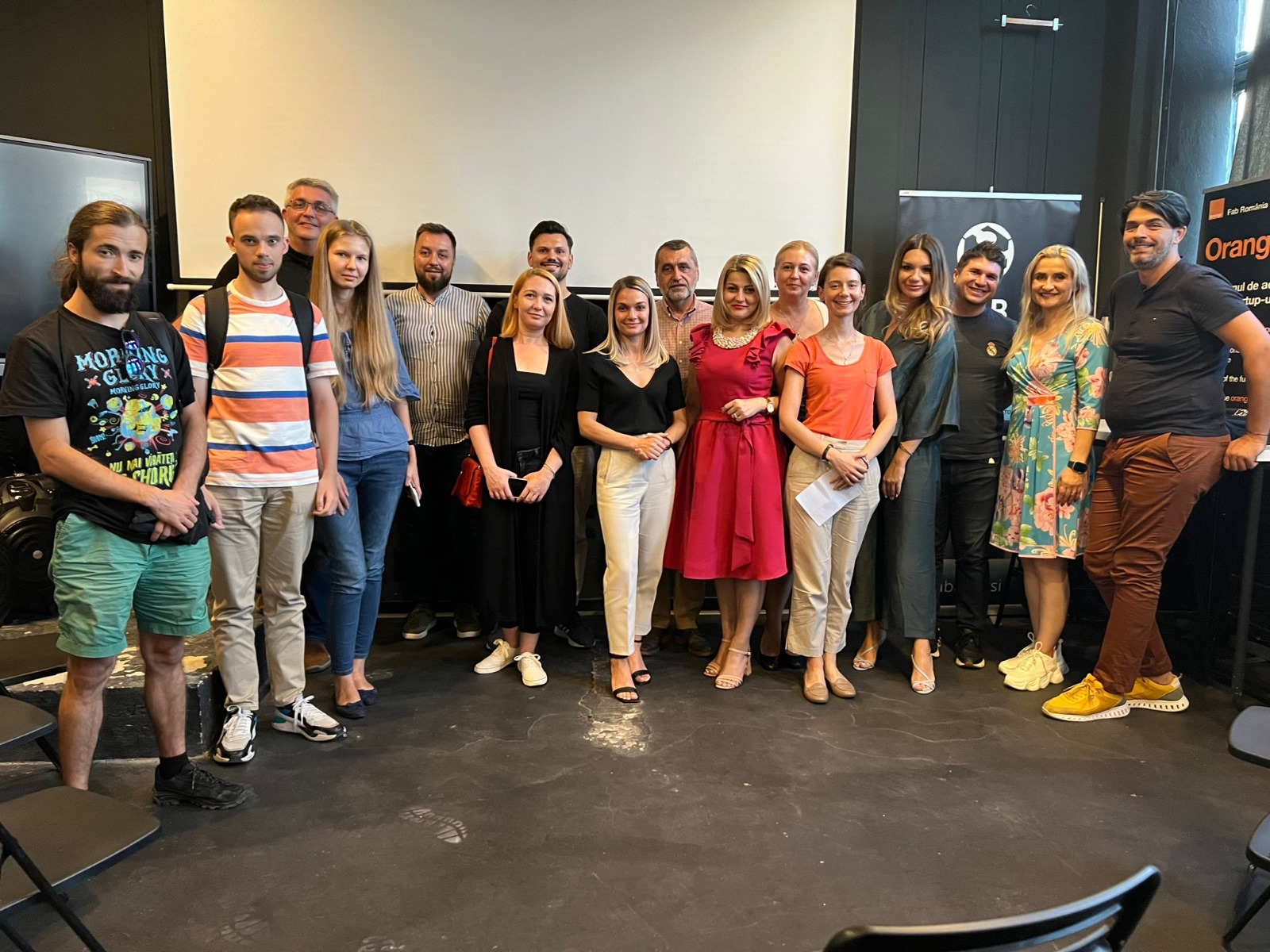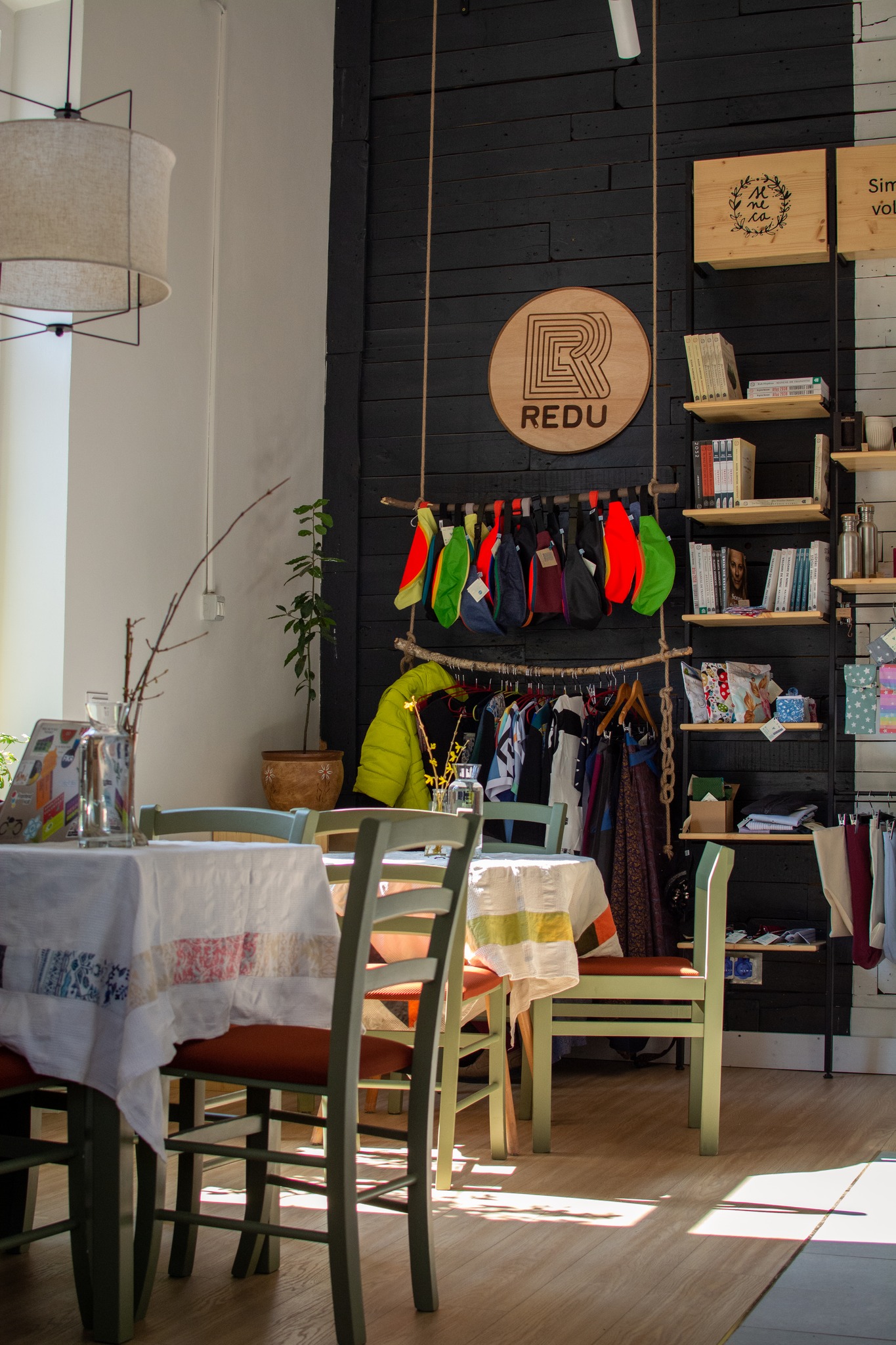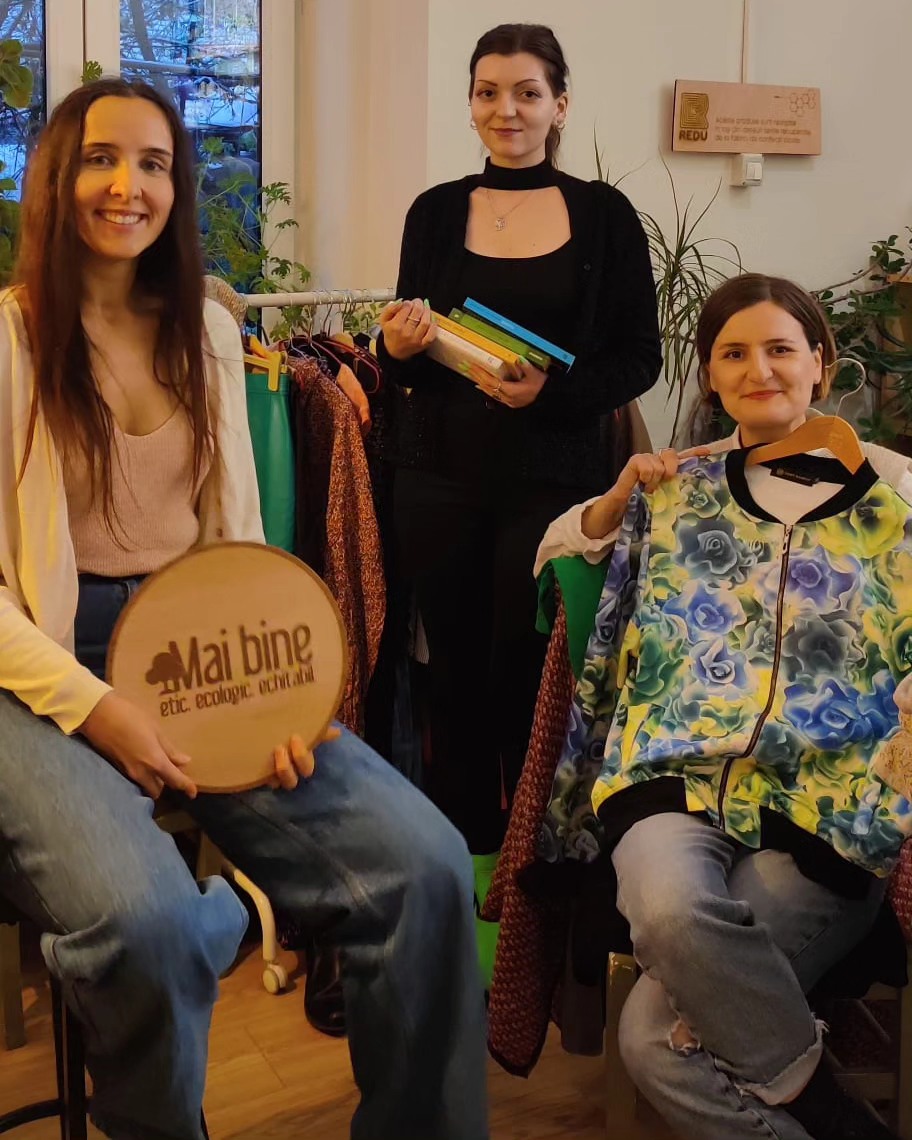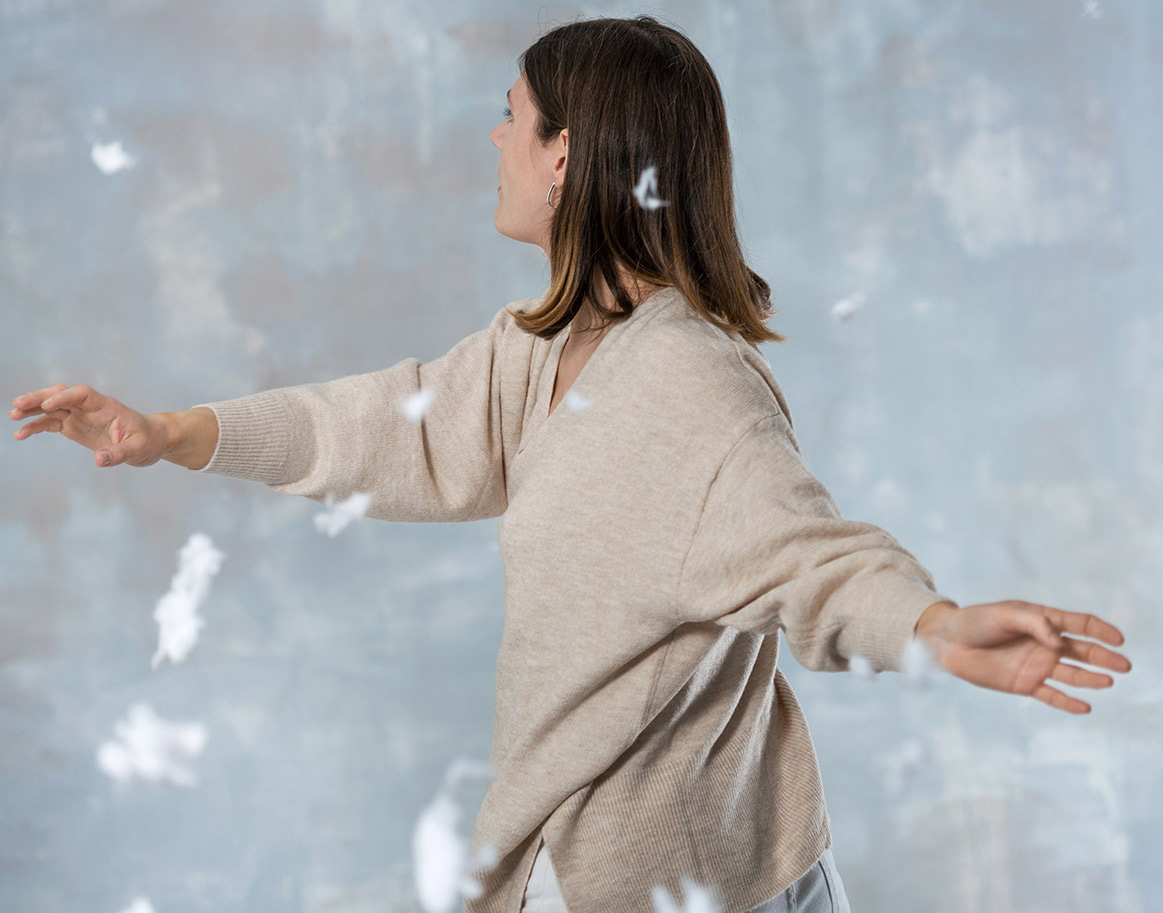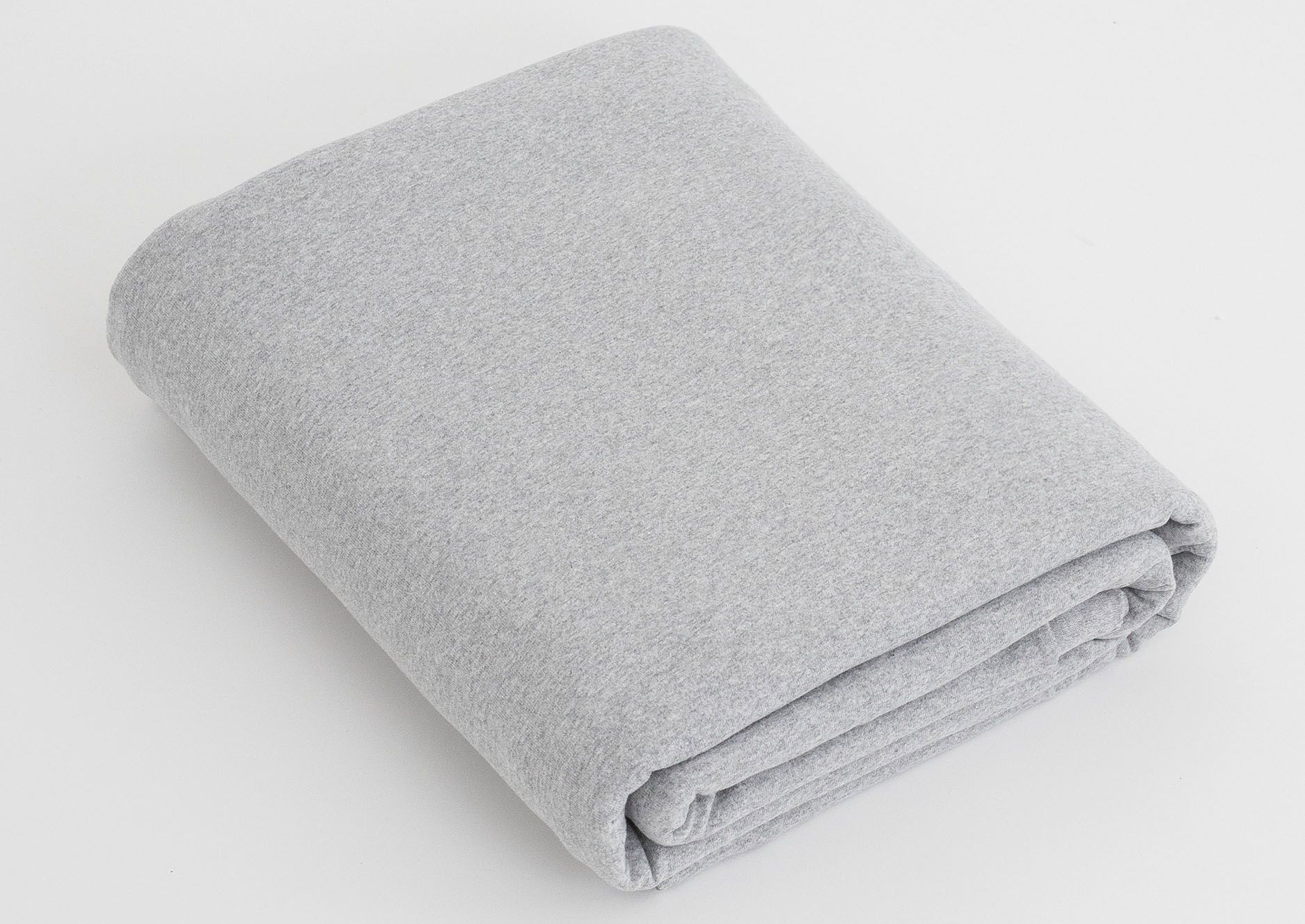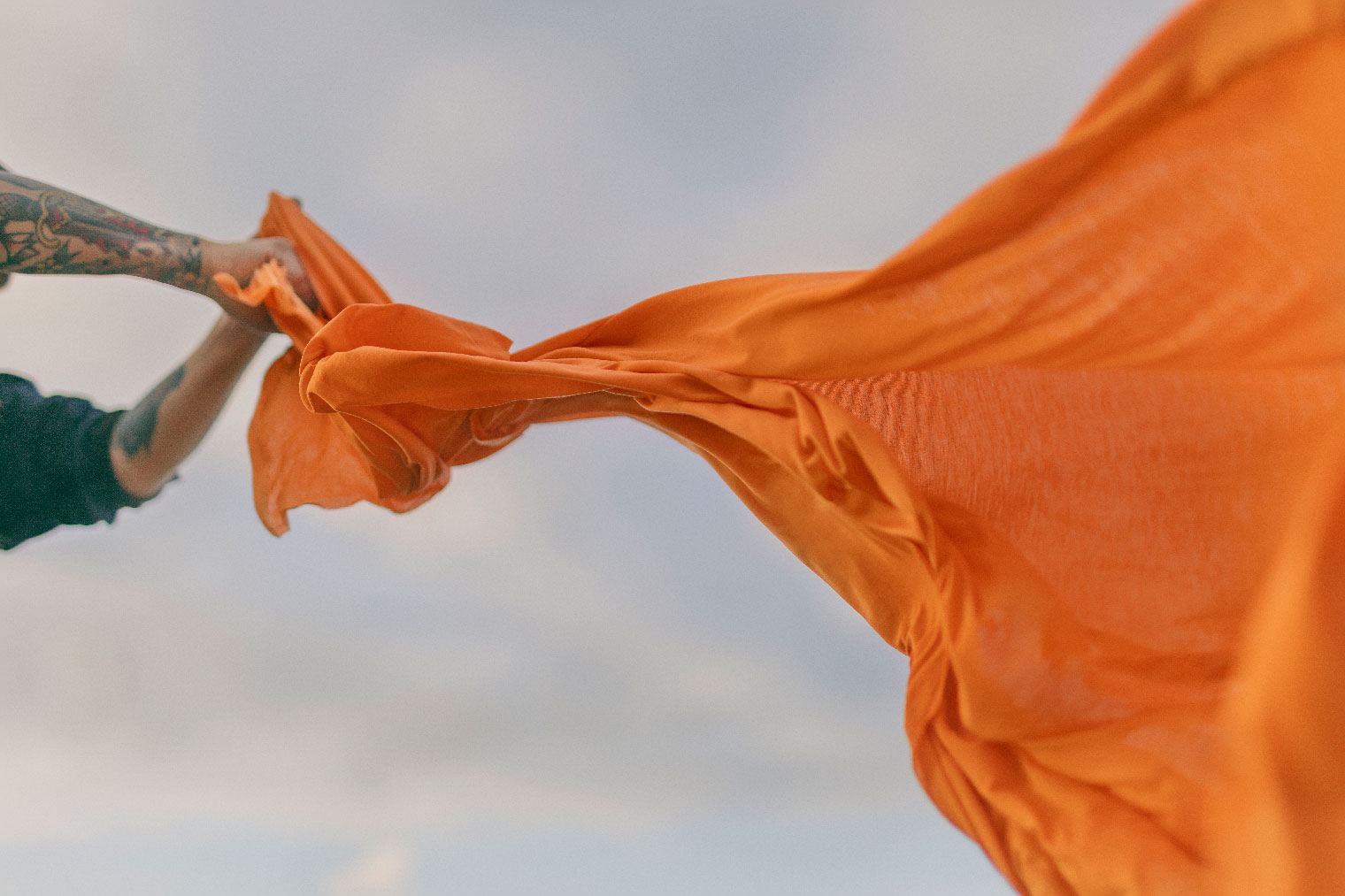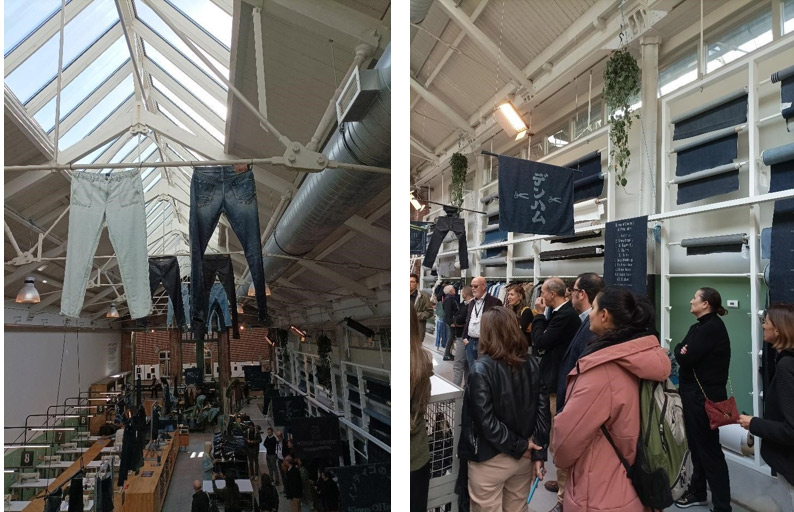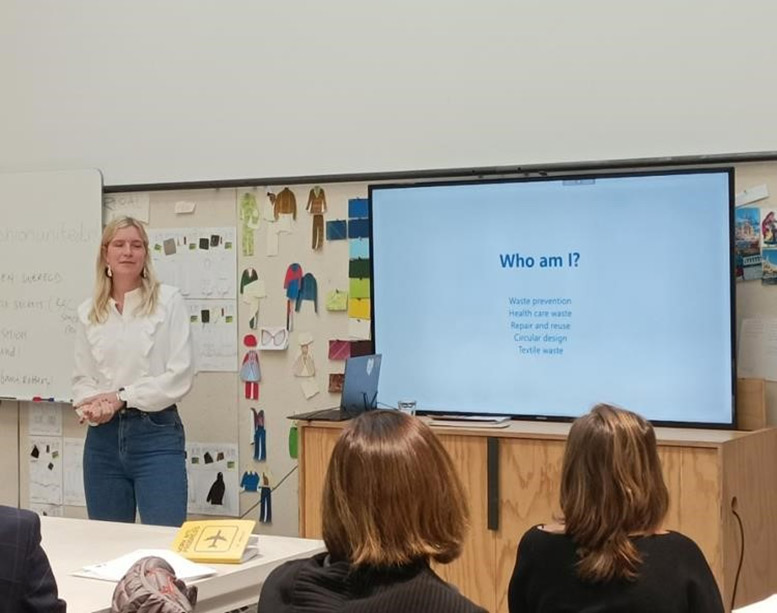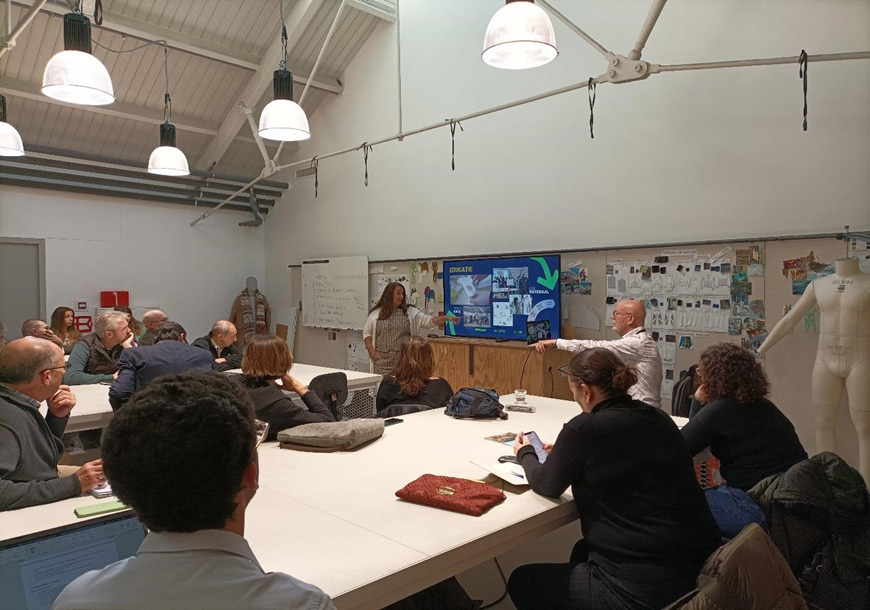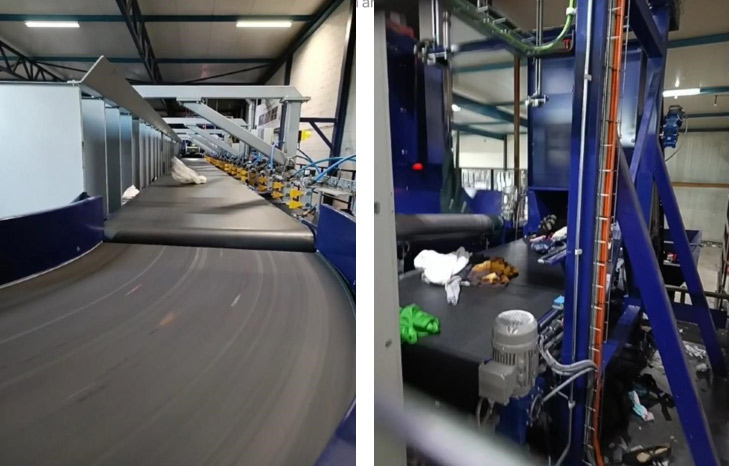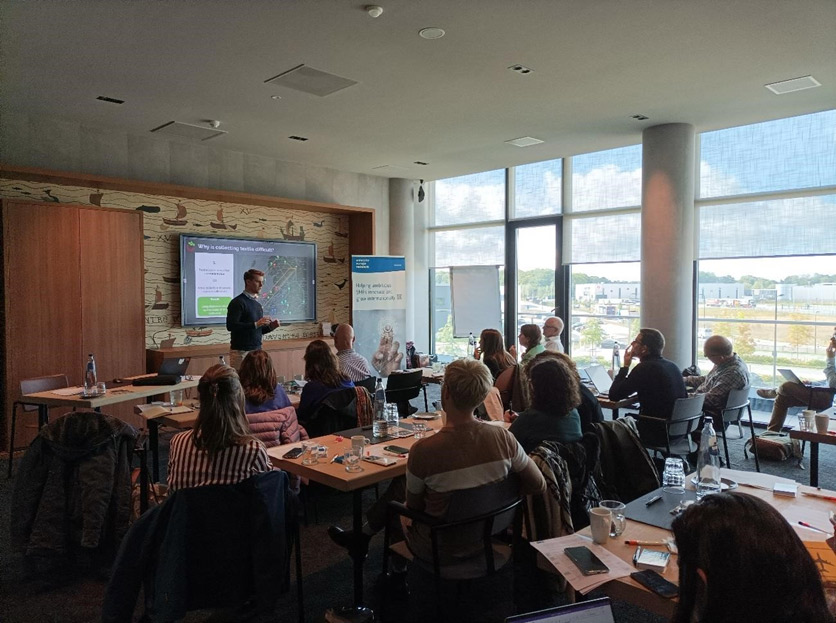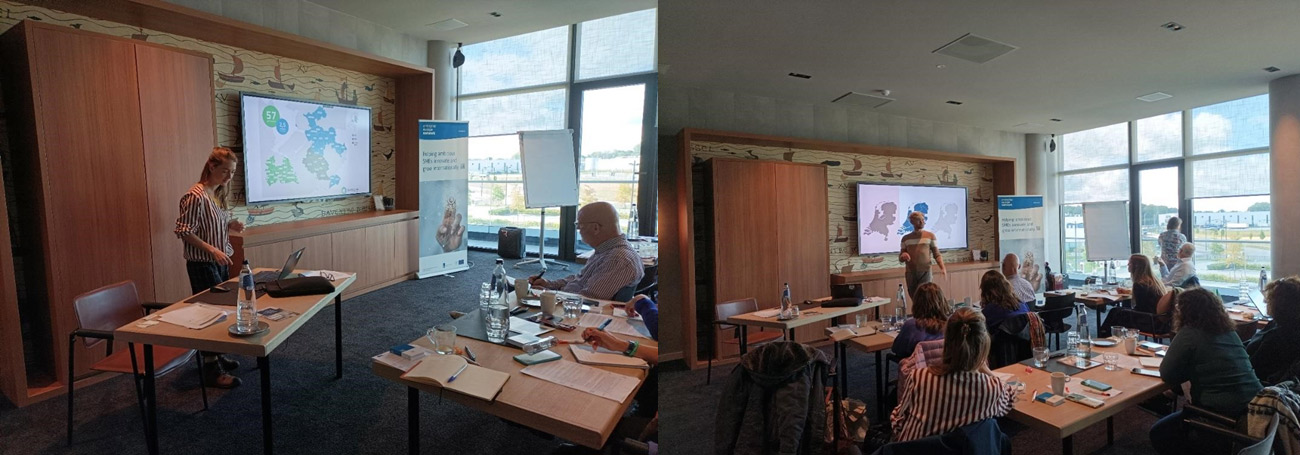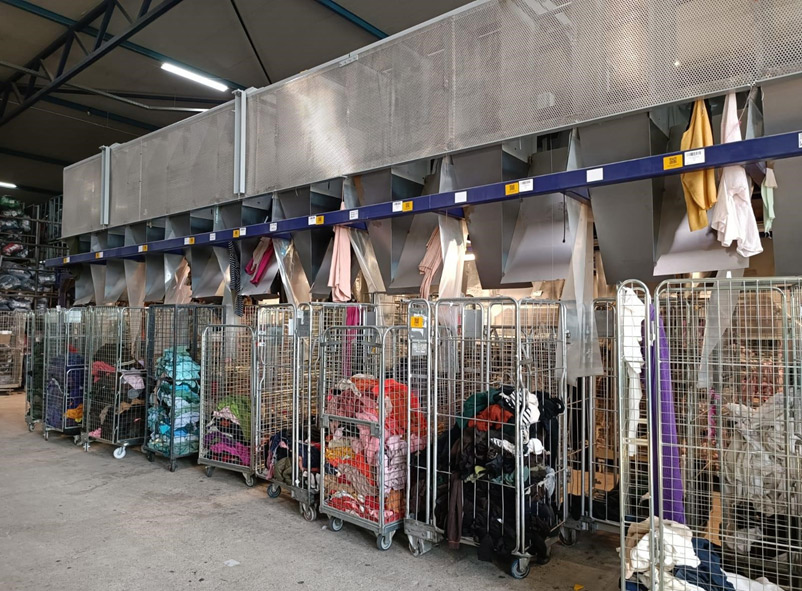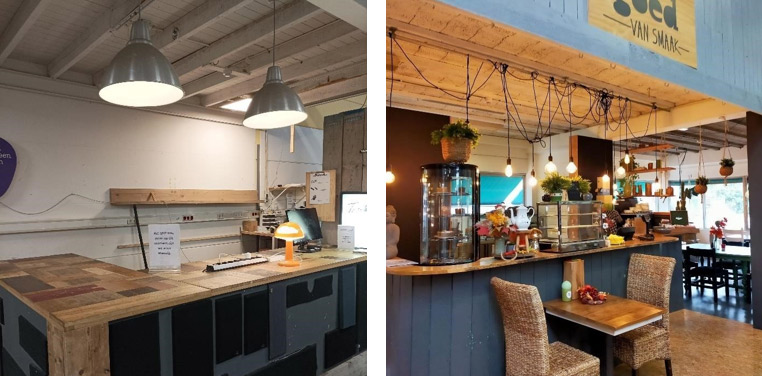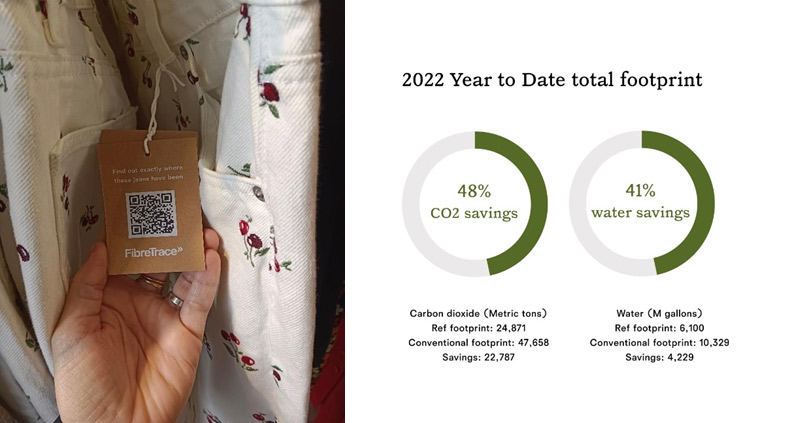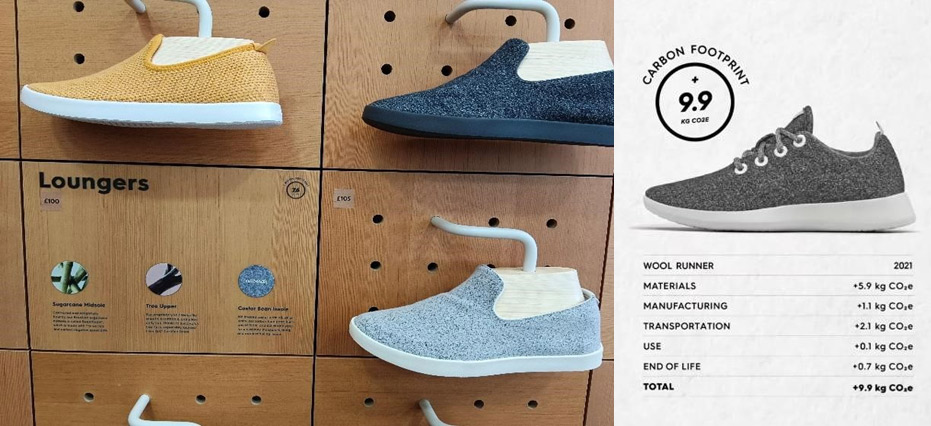Desuet is a small local authentic brand. We believe leather is a slow fashion icon that makes the perfect long-term investment. Leather is a strong and empowering element. We want to make it an expression of who we are and reconnect to authenticity. Sustainably leather goods to elevate your everyday.
Arhipelago is a Romanian company known for its innovative approach in various business sectors. The company’s core philosophy revolves around integrating modern technologies with traditional business practices, creating a unique blend that respects Romania’s history while embracing the future. This approach has allowed Arhipelago to stand out in a competitive market, fostering a reputation for creativity and efficiency. The service sector of Arhipelago showcases their versatility, offering everything from consultancy to customer service solutions. They
Fab Lab Iași is part of an international network of “Fab Labs” that aims to facilitate innovation and digital production. We are flexible coworking and connection space with a community passionate about education, technology, design and personal development. We are here for local initiatives and projects that increase the entrepreneurial spirit in the region
The group of activists built REDU on the solid ground of its previous experiences and undertakings devoted to capacity-building for sustainable development. What started out as Mai Bine’s pioneering project, inspired by the organisation’s values, now is a certified social enterprise that serves as reference for the Romanian sustainable fashion, garments and textiles industry. We were the first in Romania to address waste in both an organised and entrepreneurial way and also by applying the
The vision of the Mai Bine Association is a world governed by sound ethical norms and principles, ecologically sustainable and socially just.Our mission is to contribute to the sustainable development of the local community by implementing projects under a holistic approach, on all three dimensions of sustainable development: the natural environment, the social environment and the economic environment.
Lounais-Suomen Jätehuolto (LSJH) aims to resolve recycling of household textiles in Finland. LSJH has, together with other municipal waste management companies, built an internationally progressive collection and processing model for end-of-life textiles. LSJH produces recycled fibres at the Green Field Hub facility in Paimio. The raw material incorporates end-of-life textiles collected from households nationwide. The company is planning to build a full-scale textile recycling plant in Topinpuisto, Turku. In addition to the domestic textiles, the
Rester is the leading global forerunner in building textile recovery value chains. Rester offers textile recycling solutions and enables the recovery of end-of-life textiles and production side streams from companies into a new textile fibre and quality raw material. In the process textiles are mechanically opened to fibres. Rester-recovered fibre can be used by numerous different industries to replace the use of virgin raw material. Rester is part of Telavalue project because it wants to
Pure Waste is a Finnish company breaking new ground in textile recycling. They manufacture and sell yarns, fabrics and garments made from 100% recycled materials. From the very start, providing completely high-quality products made of recycled fibres has been their goal. They’re inspired by the deeply ingrained Nordic recycling culture. They want to make the textile industry more ecological, but that won’t happen if we don’t change our ways. They think of better, more sustainable
Nothing new needs to be grown when we make the most of what’s already in circulation. Infinited Fiber technology turns textile waste that would otherwise be landfilled or burned into something truly valuable: Infinna™, a premium-quality, circular textile fiber that reduces the world’s reliance on virgin raw materials. It addresses the twin challenges of what to do with the piles and piles of textile waste we generate globally, and our continued desire for more and
De Hallen is an old tram depot converted into spaces where there are designers, design school, textile repair center, etc, also you can find art, restaurants, a library, a cinema. In the De Hallen there is the House of Denim (https://www.houseofdenim.org/) which brings together knowledge, innovation and professionals from the denim world. Denim City was created in 2015 and the infrastructure includes the Denim City store, House of Denim foundation, Jean School International Course, House
Rijkswaterstaat goal is improving textiles recovery and developing a policy program together with NVRD. The NVRD unites the Dutch municipalities and their public companies responsible for waste management and the management of public spaces. The NVRD supports them in achieving their objectives and brings professionals together, see www.nvrd.nl With optimum waste separation to high-quality recycling. This is the new, sharper focus of the VANG-HHA implementation program 2021 – 2025. To achieve even better recycling, the
Clean&Unique is a platform for sustainable fashion brands, designers, experts and suppliers. While the designers and fashion brands make their unique items, the suppliers and the experts help them to build and operate a sustainable, fair business. They all have their own expertise to help one another to make supply chains more ethical and transparent. The platform is useful for fashion and textile start-ups and scale-ups on their journey towards a clean based and unique
Wieland Textiles has three core activities which are the purchase of collected textiles, the sorting of collected textiles in two main streams (reusable clothing and textile materials, and the marketing and sale of sorted textiles. The purchasing of used textiles is done in order to sort it for reuse as a product (second-hand clothes) or as a material (such as cleaning clothes). The materials are cleaned up by removing household waste, pillows and duvets, paper
During the ClusterXchange in the Netherlands, it took place a presentation from Mangostone, a private company that develops software and hardware for the monitoring of containers and optimization of domestic waste collection routes. They work through logistical efficiencies in the regional collection area. The technology serves to optimize routes and CO2 emissions. Mangostone brings innovation and sustainability to textile collection. They can offer technical solutions and advice that make your collection up to 50% more
During the ClusterXchange in the Netherlands, it took place a presentation from the CirkelWaarde/CirculusBerkel. CirkelWaarde is a raw materials alliance of AVU, ROVA and Circulus – three Dutch waste organisations that together collect approximately 1.25 million tonnes of household waste per year. Circulus-Berkel is a company that deals with selective collection in an area of the Netherlands. They started the whole project of the 8 municipalities that created the classification plant. It is noteworthy that
During the ClusterXchange in the Netherlands, it took place a presentation from the TexPlus Foundation, a cooperation between 6 frontrunners (Twente Milieu, Saxcell, Saxion, Enschede Textielstad, Frankenhuis and Regionaal Textielsorteercentrum Twente) in the field of circular textiles. From collection to processing and manufacturing of end products; the entire value chain is represented in the foundation. The objective of the TexPlus Foundation is to connect the value chain from collection to reuse. This is done by
The Reshare Plant was built on the initiative of 8 municipalities that came together to manage textile waste. These municipalities have a common management company, CIRCULUS BERKEL. This company held a tender for a social economy company to manage the plant. It is currently managed by RESHARE, a company linked to the Salvation Army. This plant is where all the textile waste that comes from homes arrives. Here, a first classification is carried out where
Het Goed is a social company dedicated to the reuse of objects, furniture, books and clothes. Its model is based on job placement. The objects they have on sale are provided by users directly. They repair, sort and check that everything is correct to put it back up on sale. They have a control system based on the labelling of the object, according to the week of the year. If the object has not been
They began by selling vintage clothing out of a small Los Angeles storefront in 2009. They quickly expanded into making their own products with a focus on sustainability. Nowadays, they make effortless silhouettes that celebrate the feminine figure and pioneer sustainable practices, focusing on people and progress each step of the way. They have a second-hand corner. Their principal focus is sustainability based on buying less, they work in a 100% carbon-neutral since 2015 and
Allbirds is a sustainable shoe brand with a B Corp certification. To produce their shoes, they use natural materials like wool from merino sheep but always ensuring that the wool is held to high standards of farming, land management and animal welfare. Also, they use Tree Fiber – TencelTM Lyocell with an FSC Certification, which means that the company sources materials that meet strict standards to protect forests, and the animals and people who depend

